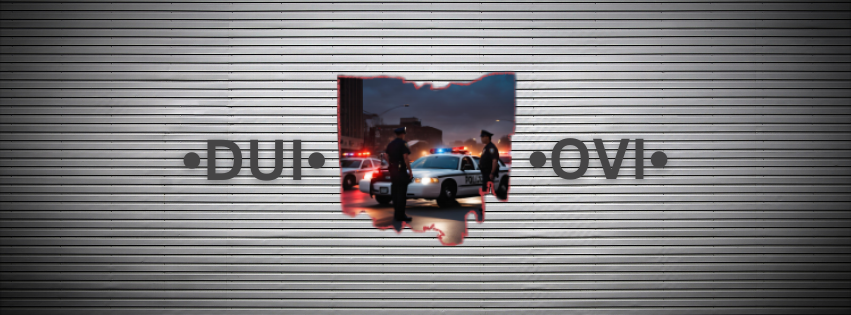As we have written in several recent articles, Ohio has recently made several impactful decisions in regards to gun laws at the state level. If you have been following the news, you may also be aware of a recent decision from the United States Supreme Court which deals with the types of restrictions a state can or cannot implement under the Constitution of the United States. Any decision from the Supreme Court of the United States affects every state, but in this case, some states were more affected than others. But what exactly did this recent Supreme Court Decision change? Considering the new laws that Ohio has recently enacted, will Ohio be affected by the new Supreme Court Decision?
The Supreme Court Decision
Last week, the Supreme Court of the United States made a ruling on New York State Rifle & Pistol Association, Inc., et al. v. Bruen. Like most U.S. Supreme Court cases, this case began in one of the states. Each state has its own Constitution and the ability to make its own laws. The states even have their own Supreme Courts who can try cases to make sure the state is accordance with its own Constitution. However, all state laws must also be in keeping with the Constitution of the United states. If there is a question whether a law or decision made at the state level is in keeping with the U.S. Constitution, the case can end up in front of the U.S. Supreme Court.
As the name suggests, New York State Rifle & Pistol Association, Inc., et al. v. Bruen began in New York. The state of New York had made the decision that if a New York citizen wanted to obtain a license to carry a concealed firearm outside their home, they would have to show proper cause. In practicality, this meant that New York citizens would not be able to obtain a concealed carry license unless they could show a particular reason that they, specifically, needed to have a concealed firearm outside of their home. This decision was brought in front of the U.S. Supreme Court because some New York citizens felt that the restriction by the State of New York were not in keeping with their rights under the U.S. Constitution.
Based on the opinions filed at the end of this case, Justice Thomas, Justice Alito, Justice Kavanaugh, Chief Justice Roberts, and Justice Barret all agreed that the New York restrictions were unconstitutional. Justice Breyer, Justice Sotomayor, and Justice Kegan all disagreed. Therefore, the New York restrictions were struck down in a 6-3 decision.
How Does this Decision Affect Ohio?
This decision impacts Ohio mainly in that Ohio, like all the other states, will be unable to pass similar firearm restrictions in the future. However, it is unlikely that Ohio would try to pass those kinds of laws anytime soon. Under the current Ohio laws, which were just enacted within the last year or so, firearm restrictions were already being lifted. Since Ohio’s Constitutional Carry Bill went into effect earlier this month, Ohio does not even require a concealed carry license to carry a concealed firearm outside of the home. New York was not only requiring a license, but they were requiring people to show that they had a particular need in order to obtain that license. Now that the Federal government is not allowing states to require proper cause in order to issue a license, the impact on Ohio is limited because Ohio does not require a license to concealed carry. While it is still possible to obtain a CCW license in Ohio, Ohio was not and is not requiring its citizens to show proper cause. If you live in Ohio, you may want to get a CCW license if you are traveling out of the state. In fact traveling out of the state may be one way in which Ohioans are effected by the new decision. When you are in another state, you have to abide by that state’s firearm laws, and that state may or may not recognize an Ohio CCW license. How each state’s firearm restrictions differ from Ohio’s is outside the scope of this article. But as we said before, the extent to which Ohio gun laws will be impacted by this Supreme Court decision is much less than in some other states. States more likely to be affected are California, Hawaii, Maryland, Massachusetts, New Jersey, and of course New York.
Conclusion
Firearm laws and restrictions may seem a little complex, and they get harder to understand as they continue to change. This is true for other areas of the law as well, such as expungement, or search and seizure laws. If you find that you have questions or legal help, as always, feel free to contact the expert attorneys at Dearie, Fischer & Martinson.





